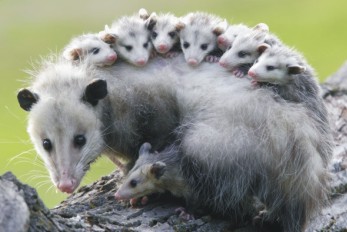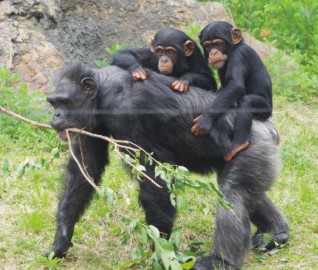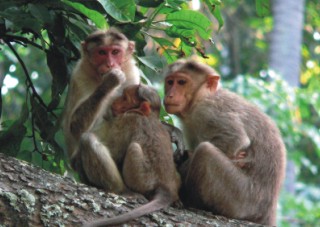Sweet Burden
- Dr. A. A. Quraishy
- Aug 3, 2023
- 4 min read
//
D. A. A. Quraishy
The father neither feels offended nor choked by the massive surge of the gummy babies nor does he gargle to wash his mouth.
No one has yet heard a fish speak to the offspring during training at cradle or in adolescence, nor has any one understood with any amount of certainty the mode of transmission of massage to the youngsters, but we know that all surviving fries get highly trained in the art of survival, to play in the aquatic courtyard, to swim for the joy of life, gambol in sheer ecstasy or hide and lurk at the approach of danger, just like their parents were trained by an apparently silent code of socio cultural equilibrium, manners and mode by their ancestors.
Yet, when we watch a small, fresh water Cichlid (tilapia is one) we get a glimpse of the cryptic enigma. The papa opens his mouth at the approach of period which is a signal for the toddlers to rush in to the big mouth for refuge. The father closes his lips without puffing his cheeks or showing any sign of discomfort. There is no sound or commotion in the buccal cavity. The crowded gang lies dormant in a brotherly clasp, huddled in a fleshy castle, ears cocked if all is well, as they are impatient to emerge once more.

When the danger passes, the door opens at which the youngsters pour out again, I am sure, giggling and jostling, fish-fashion, as children do to resume hop-skip-and-jump from a point where they left it a while ago.
The father neither feels offended nor choked by the massive surge of the gummy babies nor does he gargle to wash his mouth. He is immensely happy that he has saved his brood from destruction and slaughter and at the same time passed on to them the technique of defense so that his grand children and their future progeny may live in peace.
This part of the upbringing must be a mother's responsibility, as is usual in higher strata, but oddly enough here, she watches the dutiful husband in admiration, smug and content, that the bothersome brats have left her alone to forage, frolic (after all she also is a fish) given her time for leisure and relaxation by a refreshing chit-that with the neighboring ladies.
Cichlid-fathers are not the only heroes sharing the sweet burden; there are others in several categories, spread all over the globe in various groups concentrating most in Australia where a board of animals carry their young ones in a protective pouch over their bellies, wherein they cuddle and suckle, sleep and snore, rest and dream, some in slumber, some in day light.
The Kangaroo tops them all. Whether mamma nibbles at the grass, leaps or bounds, jumps or jogs, the baby is safe and warm; jostled by the violent muscular movements nor feeling stifled or chilly. The pouch is a marvel, neither too shallow nor too deep, custom made, correct to the millimeter.
The baby neither gets thrown out by the thump when the air-borne mother lands on the ground nor does its milk-teeth clang by the impact. The feathery pouch, soft and gentle has a loving-mother's touch. As it were, it has thus two mothers simultaneously: the real one out and away and the other close and all around exuding compassion, all the while.
The list is long and each more interesting than the other like the papa frog of Surinam who carries the eggs laid by his wife on his back where they incubate and hatch. The bears, the monkeys, baboons and chimpanzees carry their babies on their humps clasping the mamma by a strong grip of a fold of skin and hair.
The opossums have a prehensile tail with which the young ones, a crowd of unlucky thirteen (the mother has only that many nutritional supplies) ride mamma's back while she looks for lunch.
But the strangest amongst this bunch is a sea fish that has the fins of a fish, gills to breath, a posterior that tapers like a tail and the face of a horse.
This novelty, as an object inviting great curiosity in marine aquaria, measures less than two inches, from head to foot. Devoid of the speed of a steed or a bushy tail to swipe at the annoying flies, it neither neighs nor stampedes, but seems to hang in the air if the water is crystal clear, hardly swimming like a fish and is very aptly called the Sea Horse.
The ‘mare,’ if we call her by this name, as she lays her minuscule eggs, picks them up with his beak and puts them in a pouch at his front where they incubate and hatch. When the babies ate ready to emerge, he feels their movements upon which the pregnant pouch is pressed and the young ‘colts’ are pushed out in the, cool, safe medium where they start a fresh life, eating like the papa not the grass and oats of the horse but minute plankton that they can see without; knotting their eyebrows for a close look.














Comments